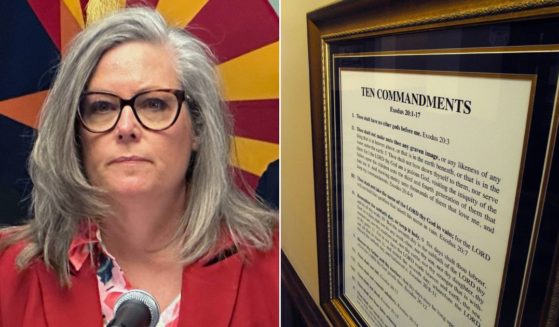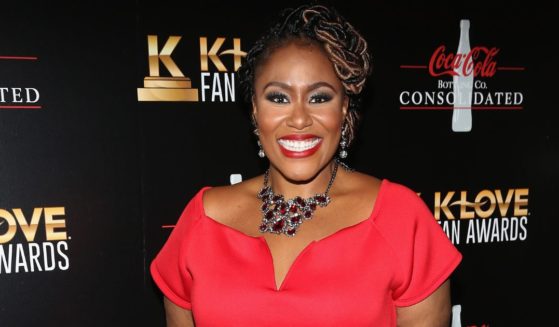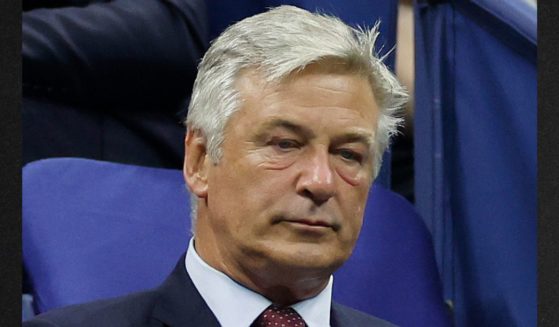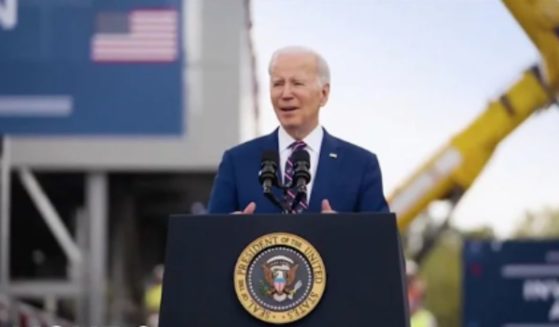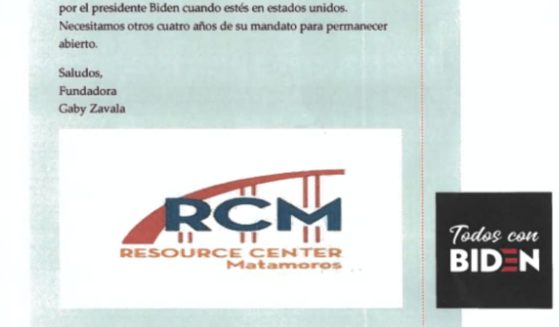White House Makes Major Move on Big Tech Reform, And Social Media Giants Should Be Sweating
When the Biden White House released the words “Remove special legal protections for large tech platforms.” and “fundamental reforms to Section 230,” on Thursday, the leaders of Facebook, Google and Twitter might have felt it through the Force.
There’s a famous scene in “Star Wars: Episode III The Return of the Sith.” The Chancellor of the Galactic Republic, and soon-to-be-emperor, contacts his troops and, in a way only Ian McDiarmid can deliver, says “Execute Order 66.” Across the galaxy, clone troopers aim their weapons and gun down the Jedi in a matter of minutes.
The “Star Wars” analogy isn’t that much of a stretch.
Who did it better: Emperor Palpatine or @POTUS? @starwars @JoeBiden @DNC @GOP I think #biden looks more 1984-esque than Palpatine tbh 😂 pic.twitter.com/hKMwbbZXzb
— Do Better (@That_Aint_R1ght) September 10, 2022
The Biden White House held a “Listening Session on Tech Platform Accountability” Thursday and then released a statement recapping the meeting.
In its introduction, the Biden administration wrote, “The rise of tech platforms has introduced new and difficult challenges, from the tragic acts of violence linked to toxic online cultures, to deteriorating mental health and wellbeing, to basic rights of Americans and communities worldwide suffering from the rise of tech platforms big and small.”
It was at this point many in Silicon Valley probably started paying attention.
But back to “Star Wars.” The Jedi didn’t know it through the first two movies of the prequel trilogy, but the man who would become emperor was playing them for pawns, using them until they were no longer useful and indeed could be turned against him.
President Joe Biden clearly doesn’t want the normally Democrat-friendly Big Tech giants to be turning against him.
This year has brought the near-acquisition of Twitter, which may still happen, by tech entrepreneur Elon Musk. Musk who very markedly opposed the harsh censorship that the platform has imposed on conservative and libertarian users and the strict “misinformation policies” supported by many on the left, had progressives panicking at the prospect he would take control of Twitter.
And it isn’t just Twitter that could be a problem for the Biden White House.
In a world where so-called “alternative social media” platforms such as Truth Social, Gab, Parler, Gettr, Minds, Rumble and others are gradually getting more established, could the so-called Section 230 protections be dangerous for progressives now?
Section 230 is a part of the Communications Decency Act that provides social media companies with protections against liability for material posted by users. That means Twitter, Facebook and the like are not legally responsible for content on their platforms, the way a normal publisher could be.
That protection from liability is a major part of the platforms’ business model.
As the White House statement says in its “core principles for reform”:
“Remove special legal protections for large tech platforms. Tech platforms currently have special legal protections under Section 230 of the Communications Decency Act that broadly shield them from liability even when they host or disseminate illegal, violent conduct or materials. The President has long called for fundamental reforms to Section 230.”
Jeff Kosseff, author of “The Twenty-Six Words That Created the Internet,” cites those protections as being key to the survival of the companies that have become so dominant in the United States and throughout the world.
The “Twenty-Six Words” his title refers to are in Section 230 (c)(1) “Treatment of publisher or speaker”: “No provider or user of an interactive computer service shall be treated as the publisher or speaker of any information provided by another information content provider.”
In 2020 interview with The Associated Press, Kosseff said, “I don’t think any of the social media companies would exist in their current forms without Section 230.”
“They have based their business models on being large platforms for user content.”
To wit, the existing models of the big three may simply no longer be viable under the threat of massive legal liabilities for the content generated by users. This could force them to implement even more draconian measures to cover their collective assets, a move that would make the platforms far less popular and less commercially viable.
Or they could drop moderation altogether in a return to the “wild, wild west” internet of the early aughts. This could well make their content unpalatable for many advertisers, with a similar result.
Neither prospect can be very palatable for the lords of Big Tech.
Also, side note — and one no doubt the puppetmasters in the Biden White House have considered: Could the “alternative” smaller platforms even survive the legal liabilities that removing Section 230 protections would create?
Conversely, this could be retribution of sorts for the major platforms’ perceived failures to sufficiently muzzle right-leaning users, who — in spite of massive censorship — were able to still dissemination of the Hunter Biden scandal, COVID vaccination concerns and alternate treatment paths during the pandemic.
Many of the changes that Biden’s administration is proposing might seem superficially good for conservatives who said throughout the Trump years — and even before that — that social media giants needed to be reformed or eliminated, the algorithms that drive social media and targeted marketing need to be more transparent, and there need to be more protections for children online.
Heck, a cynical person might even see this as a blatant attempt to court moderate voters in light of Biden’s collapsing approval ratings and a likely shellacking for Democrats in the November midterms.
But we must always be wary, even if this administration did something “good” for America for a change, these sorts of actions always have unintended, or even covertly engineered, consequences.
The same reforms that could end online censorship and set social media users free, could just as easily shackle them, as platforms desperate not to get sued crack down even further, and the government takes a role in content moderation.
Remember, any government with the power, or arrogance, to promise you a “safe and secure society,” as Emperor Palpatine promised, is a government that needs to be watched very, very carefully.
Truth and Accuracy
We are committed to truth and accuracy in all of our journalism. Read our editorial standards.


